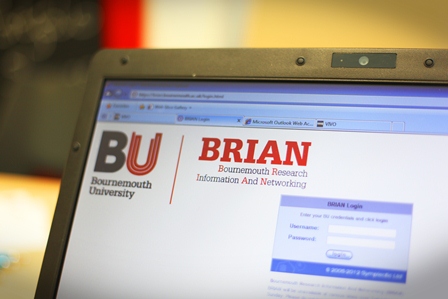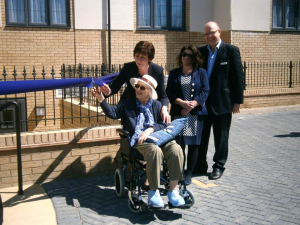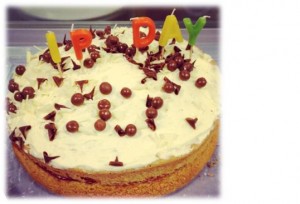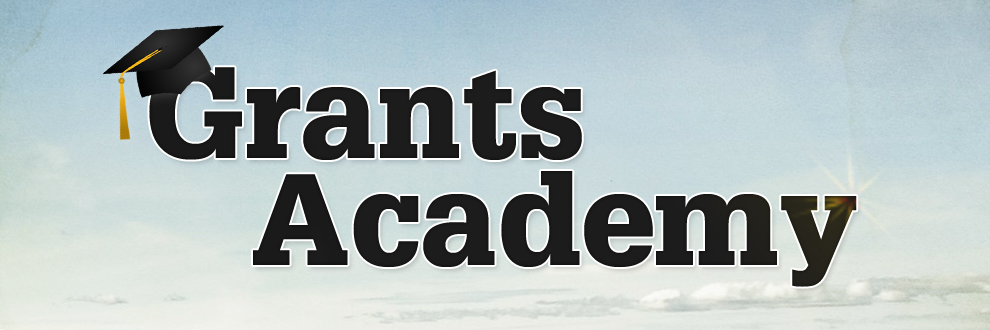You are invited to attend the 2nd International Conference on Social Responsibility, Ethics and Sustainable Business to be held at Bournemouth University, UK, on September 5-6, 2013. The purpose of the conference is to create a networking opportunity for both researchers and practitioners to discuss recent insights on socially responsible practices in the non- and for-profit sector.
Although academic in nature, representatives in the business environment will deliver case studies on sustainability practices and will reflect on the challenges and opportunities that corporate social responsibility brings to different industries. The main topics of the conference, but not limited to these, are: CSR and Sustainability, CSR and Business Ethics, CSR and Social Media, CSR and Education, Communicating CSR, CSR initiatives/strategies, Corporate Governance, NGO Marketing.
Keynote speakers
David Crowther, Professor of Corporate Social Responsibility and Head of the Centre for Research into Organisational Governance at De Montfort University, Leicester, UK. He is a qualified accountant with many years business experience. His research is into corporate social responsibility with a particular emphasis on the relationship between social, environmental and financial performance. David has published over 30 books and has also contributed to more than 350 articles to academic, business and professional journals and to edited book collections. He has also spoken widely at conferences and seminars and acted as a consultant to a wide range of government, professional and commercial organisations. He is a member of a number of international advisory boards and is also founding chair of the Social Responsibility Research Network: series editor of the Gower Applied Research in Responsibility Journal and convenor of the International Conference Series on Corporate Social Responsibility.
Wim J.L. Elving, (PhD U of Twente, 1999) finished an MA in Social and Organizational Psychology (U of Groningen, 1993). His PhD was on the care of cancer patients, and especially the constraints in cooperation and communication of health care professionals. In 2000 he started working as assistant professor at the Department of Communication, Amsterdam School of Communications Research at the U of Amsterdam. His research shifted from organizational and or internal communication (Communicating Organizational Change) to Corporate Communications in general. In the last years he did several studies in Branding, use of Social Networking Sites, and CSR Communications. As visiting professor he taught students at reputable institutions in Finland, Denmark, the UK, Slovenia, Italy and Spain. Since 2006 he is editor in chief of Corporate Communications, an International Journal, member of the Editorial Board of Journal of Brand Management and the Dutch Journal in Communication Science. He has co-authored almost 100 different articles in Communication Journals and 4 books.
Please send an abstract of 300 words in a Word document format via email to icsr2013@bournemouth.ac.uk by May 20, 2013 (extended). No more than two papers will be accepted from any author. The deadline for the full paper is August 1, 2013. The abstracts of the papers will be published in the Conference Proceedings and the intention is to publish selected papers in an edited collection.
Abstract Submission Deadline: May 20, 2013 (extended)
Acceptance Notification: May 25, 2013
Registration Deadline: July 10, 2013
Full Papers Deadline: August 1, 2013
Conference: September 5-6, 2013
Conference Fee: £200 academic/practitioner; £150 PhD student **BU staff rate £60*
Website: http://microsites.bournemouth.ac.uk/icsr2013/about-2/
Organizing Committee
Dr Georgiana F. Grigore, The Media School, Bournemouth University
Dr Anastasios Theofilou, The Media School, Bournemouth University
Dr Dan Jackson, The Media School, Bournemouth University
Dr Alin Stancu, Faculty of Marketing, Bucharest University of Economic Studies
Cristian Ducu, Centre for Advanced Research in Management and Applied Sciences
 The Research Discussion Forum starts again today at 4 pm in EB205.
The Research Discussion Forum starts again today at 4 pm in EB205.




































 Beyond Academia: Exploring Career Options for Early Career Researchers – Online Workshop
Beyond Academia: Exploring Career Options for Early Career Researchers – Online Workshop UKCGE Recognised Research Supervision Programme: Deadline Approaching
UKCGE Recognised Research Supervision Programme: Deadline Approaching SPROUT: From Sustainable Research to Sustainable Research Lives
SPROUT: From Sustainable Research to Sustainable Research Lives BRIAN upgrade and new look
BRIAN upgrade and new look Seeing the fruits of your labour in Bangladesh
Seeing the fruits of your labour in Bangladesh ECR Funding Open Call: Research Culture & Community Grant – Apply now
ECR Funding Open Call: Research Culture & Community Grant – Apply now ECR Funding Open Call: Research Culture & Community Grant – Application Deadline Friday 12 December
ECR Funding Open Call: Research Culture & Community Grant – Application Deadline Friday 12 December MSCA Postdoctoral Fellowships 2025 Call
MSCA Postdoctoral Fellowships 2025 Call ERC Advanced Grant 2025 Webinar
ERC Advanced Grant 2025 Webinar Update on UKRO services
Update on UKRO services European research project exploring use of ‘virtual twins’ to better manage metabolic associated fatty liver disease
European research project exploring use of ‘virtual twins’ to better manage metabolic associated fatty liver disease